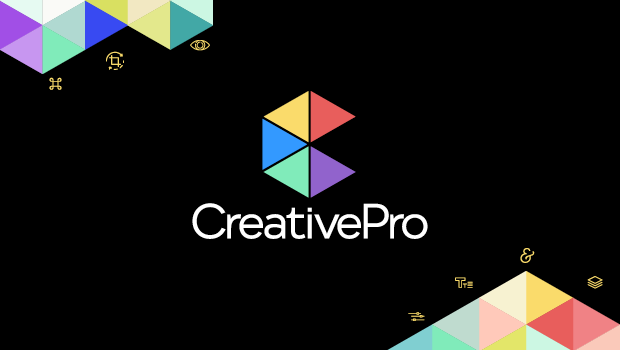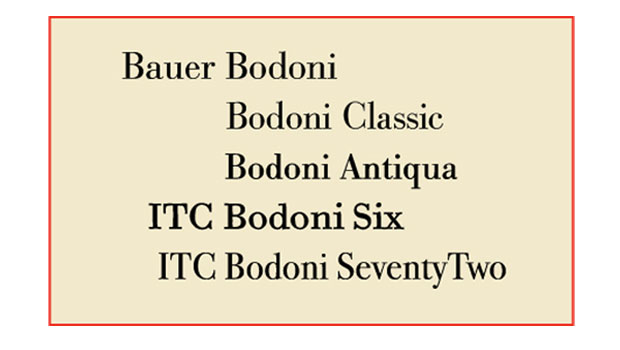Notes from the Epicenter: What the (Web) People Want

Since I’m a big techie geek, I think a lot about what the Internet might look like in the future. While buying my orange juice at the local grocery store or picking out what I hope will be that perfect pair of boots, I’m prone to wonder whether real life retail is destined to be a thing of the passé, unwired world. When I call friends on the phone to talk about, you know, stuff, I wonder if we’ll be chit-chatting solely via instant messaging sometime down the line. And when I go to the local multiplex to see the latest teen flick I wonder if I’ll be downloading it and watching it in the comfort of my own home five years hence.
Lest you think I’m a total Web optimist, you should know that these musings are often countered by jags of Internet pessimism. Will there even be a Web in five years? (Okay, it does seem likely.) But what with more dot-coms closing down every day and San Francisco residents spending more time worrying about how the Web has changed our sweet little city than about the rising price of gas, it’s not hard to imagine a future Internet that is vastly different than the one we know today. But just how will it differ? To get some clues, I took an informal poll — make that a very informal poll — of some Web heads I know to find out what they like best about today’s Internet, and what the Web would be like in their own perfect world. Yeah, I know they have market research firms that do this same thing, but bear with me, OK?
Just the Facts
Turns out the thing folks find most useful about the Internet is e-mail and instant messaging. That’s right, plain old text-based, un-glitzy, non-animated, straightforward communication. And here I was thinking it was Napster (just kidding). Kelly Goto, the creative director at the Web design firm Idea Integration says, “The ability to connect globally via e-mail is pretty significant. The convenience of communication is almost taken for granted. People mix personal correspondence in with office memos which I personally think is a positive thing, and adds to a feeling of freedom even while working.”
Terri Stone, a senior editor at Macworld magazine, also loves her e-mail. “For me, e-mail is the most useful aspect of the Internet,” she says. “Because I correspond with writers who live all over the country and whose work hours can be wildly different than mine, I conduct a LOT of business over e-mail.”
Roger Paul, a freelance Web writer based in thriving San Francisco, tells me the best thing about the Internet is the ability it gives you to communicate via the written word. “The written medium is different (for better and for worse) than the phone, and instant messaging and e-mail powerfully deliver in making these services readily, easily, and immediately available.” He goes on: “Interesting, that e-mail and instant messaging are almost always just black text against a white background (no animations, plug-ins, high-memory, or wide bandwidth requirements) yet they are probably the best thing about the Web to me.”
Indeed, many of us regularly experience e-mail withdrawal while on vacation, or even if we have to sit in meetings too long. I have about four e-mail addresses and I start to get the shakes after a few days without checking at least one of them.
Spreading the Word
A close second to e-mail on the usefulness scale is the actual content on the Web, according to the folks I talked to. Arden Yingling, who puts together Web learning curricula for a local university, told me that “pure content,” such as that published in online magazines, educational sites, and mainstream magazines that are now online, is the most useful. “From the perspective of a dilettante and a reader, it’s like being a kid in a candy shop. There’s so much information and so many perspectives that were previously unavailable, I find it hugely exciting. That being said, there’s still not enough good stuff out there, plus it’s hard to find. It’s sad to see Big Mall Internet instead of a focus on teaching and entertaining folks.”
One of the themes that emerged in my (oh-so-scientific) chats with Web folk is how hard information is to find on the Web. According to Roger Paul: “In an ideal world, the information that is already available on the Web would be easily findable. Call it the search for the perfect search engine, if you will. Once that is achieved, we can devote ourselves to that task of putting yet more information on those farms of servers.”
Kelly Goto posited that the things on the Web that are most useful (like e-mail) are often the things that are most convenient (like e-mail). “What is faster, more convenient, and more efficient online is what is succeeding today,” she says. “The ability to book tickets and check airline fares at Expedia or ual.com. The convenience of buying and selling stocks at Ameritech or E*Trade. Finding exactly what you are looking for on eBay and getting it at a bargain. Free overnight shipping at Outlook.com.” Still, convenience may be vanishing like so many venture-funded startups. “I used to love Kozmo.com, when it delivered in a half hour,” Goto says. “Webvan is a great concept — convenience at your fingertips. Except it doesn’t seem to be working, and the convenience for many of these great concepts is quickly slipping away as demand increases.”
Little Helpers
And what about that perfect world? That Web of the far-off future? That Internet in your mind’s eye? Kelly Goto says, “In my world, I would love a ‘personal assistant’ online who would work while I sleep. Each night, before I went to bed, I could ask for questions to be answered or tasks to be completed, and the next morning, my life would be organized. Bills paid. Checking account balanced. Research completed. Flights booked. Meetings set.”
Arden Yingling had a different set of priorities. “I want to see the Internet become more international. Right now the Net still seems largely ‘ghettoized’ by national boundaries, and that’s a huge waste. Of course there are language and technology issues. But in a perfect world won’t we all have computers and understand each other, a la Star Trek?” Amen.
Read more by Andrea Dudrow.
This article was last modified on January 8, 2023
This article was first published on September 23, 2000
Commenting is easier and faster when you're logged in!
Recommended for you

dot-font: The Readable Type Designer
dot-font was a collection of short articles written by editor and typographer Jo...

TypeTalk: A Bodoni Is a Bodoni Is a Bodoni?
TypeTalk is a regular blog on typography. Post your questions and comments by cl...

dot-font: Type Comes Home to Rome
dot-font was a collection of short articles written by editor and typographer Jo...



